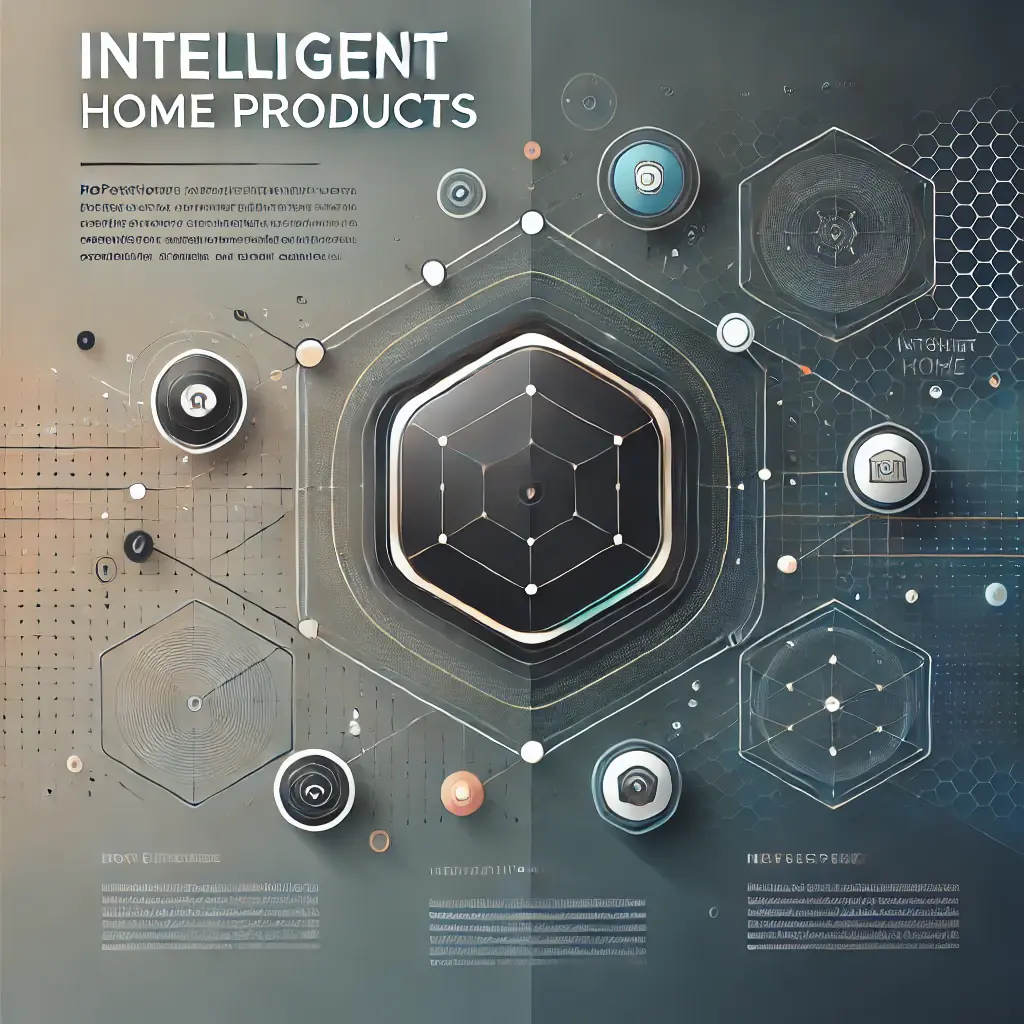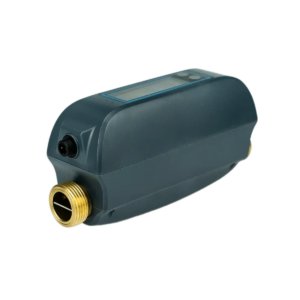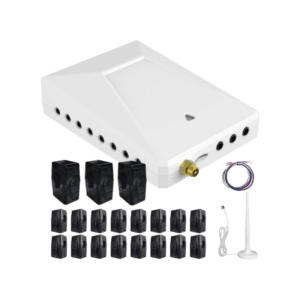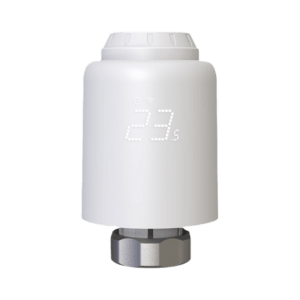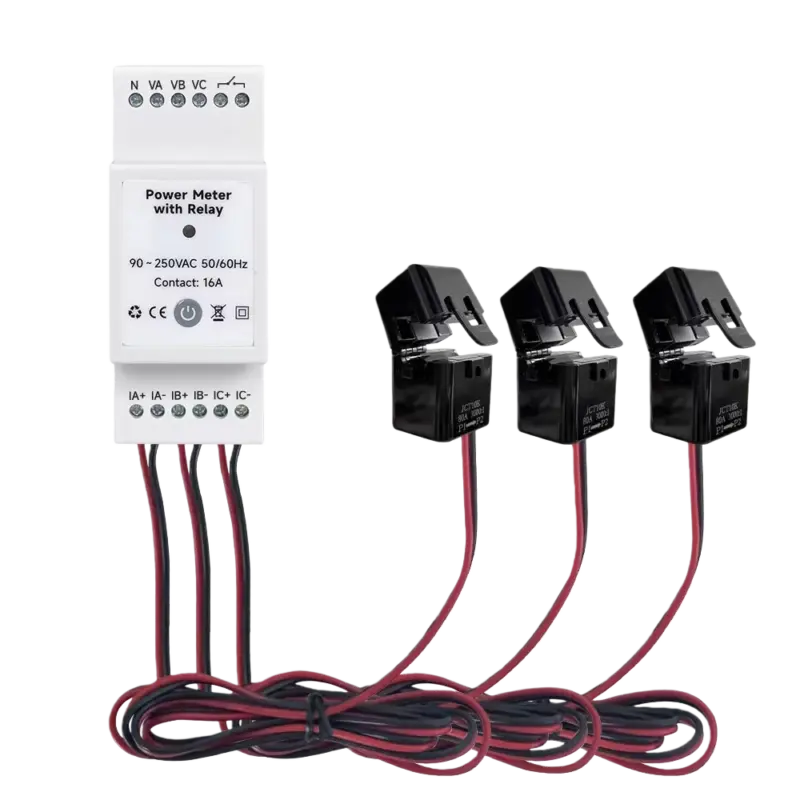Intelligent Home Products (IHPs) are revolutionizing the way we live, offering unprecedented levels of convenience, security, and efficiency. From voice-controlled appliances to AI-powered personal assistants, these innovative technologies are redefining modern living. In this comprehensive guide, we delve into the world of IHPs, exploring their features, benefits, and impact on our daily lives.
1. The Benefits of Intelligent Home Products
Convenience: IHPs make our lives easier, automating tasks and allowing us to control our homes from anywhere.
Security: Smart home security systems enhance our protection against intruders and emergencies.
Energy efficiency: IHPs monitor and adjust energy consumption, helping us save on utility bills.
Customization: IHPs can be personalized to our preferences and routines, creating a truly customized living experience.
Entertainment: Smart televisions, speakers, and home theaters offer immersive entertainment experiences.
Health and wellness: IHPs can promote health and well-being through fitness trackers, sleep monitors, and air purification systems.
2. Types of Intelligent Home Products
Smart Home Assistants: Voice-controlled devices that provide information, entertainment, and task management.
Smart thermostats: Automatically adjust temperature based on schedules and preferences.
Smart lighting: Allows users to control lighting remotely, create custom scenes, and enhance security.
Smart security systems: Include sensors, cameras, and alarms to protect homes from intrusion and emergencies.
Smart home appliances: Connect to the internet and offer advanced features, such as remote control, scheduling, and energy monitoring.
Smart home entertainment systems: Offer high-quality audio and video experiences, with access to streaming services and home theaters.
Smart health and wellness devices: Track fitness, sleep patterns, and other health metrics to promote well-being.
3. How to Choose Intelligent Home Products
Identify your needs: Determine what aspects of your home you want to enhance, such as security, convenience, or entertainment.
Research and compare products: Explore different brands, models, and features to find the best fit for your needs.
Consider compatibility: Ensure that IHPs are compatible with your existing devices and home ecosystem.
Read reviews and testimonials: Get insights from other users about the product's performance and customer service.
Set a budget: Determine how much you're willing to spend on IHPs and prioritize features accordingly.
4. Integrating Intelligent Home Products into Your Home
Plan your installation: Consider the placement of devices, wiring requirements, and compatibility issues.
Follow installation instructions carefully: Ensure proper installation and operation of IHPs.
Connect devices to your home network: Enable remote access and control of devices via your smartphone or voice commands.
Set up routines and automations: Create personalized routines to automate tasks and optimize home management.
Explore third-party integrations: Connect IHPs with other devices and services to enhance functionality.
5. Smart Home Security Systems
Motion sensors: Detect movement and trigger alarms or notifications.
Door and window sensors: Monitor entry points for unauthorized access.
Security cameras: Provide real-time footage of your home and surroundings.
Smart locks: Allow remote access and control of door locks, enhancing security and convenience.
Panic buttons: Enable quick and easy emergency response in case of danger.
6. Smart Home Entertainment Systems
Smart televisions: Offer high-resolution displays, access to streaming services, and voice control.
Smart speakers: Provide immersive sound experiences and support voice commands for music, podcasts, and audiobooks.
Home theaters: Combine high-quality audio and video components to create a cinematic entertainment experience.
Streaming devices: Allow access to a wide range of movies, TV shows, and other content on-demand.
Game consoles: Offer immersive gaming experiences and multiplayer connectivity.
7. Smart Health and Wellness Devices
Fitness trackers: Monitor activity levels, sleep patterns, and calories burned.
Sleep monitors: Analyze sleep quality and provide insights for improvement.
Air purifiers: Remove pollutants and allergens from indoor air, improving health and well-being.
Smart scales: Track weight, body composition, and hydration levels.
Health monitoring devices: Monitor vital signs, such as heart rate, blood pressure, and blood glucose levels.
8. The Future of Intelligent Home Products
The future of IHPs holds promising advancements, including:
Increased AI capabilities: Enhanced personalization, automation, and predictive analytics.
Seamless integration: Integration with other devices, services, and ecosystems.
Improved privacy and security: Advanced encryption and security measures to protect user data.
Sustainable home management: Optimization of energy consumption and environmental impact.
Health and wellness monitoring: Remote patient monitoring and personalized healthcare recommendations.
Intelligent Home Products are transforming our homes into smart and comfortable living spaces. From convenience and security to entertainment and health, IHPs offer a wide range of benefits that enhance our daily lives. As technology continues to advance, the future of IHPs promises even greater possibilities, making our homes more intelligent, efficient, and personalized than ever before.
FAQs
Are Intelligent Home Products worth the investment?
Yes, IHPs offer significant value in terms of convenience, security, energy efficiency, customization, and entertainment.
How do I choose the best Intelligent Home Products for my needs?
Identify your needs, research different products, consider compatibility, read reviews, and set a budget.
How do I install and integrate Intelligent Home Products into my home?
Plan your installation, follow instructions carefully, connect devices to your home network, set up routines and automations, and explore third-party integrations.
Are Intelligent Home Products secure?
Yes, IHPs typically employ strong encryption and security measures to protect user data. However, it's important to choose reputable brands and follow best practices for home security.
What are the potential drawbacks of Intelligent Home Products?
Possible drawbacks include potential privacy concerns, reliance on technology, and initial cost.
What is the future of Intelligent Home Products?
The future of IHPs involves increased AI capabilities, seamless integration, enhanced privacy and security, sustainable home management, and health and wellness monitoring.
